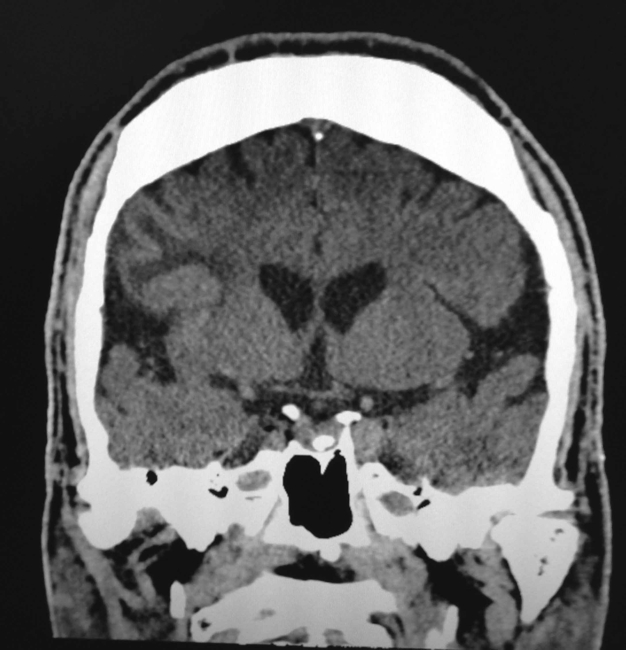
Patients repeatedly express their concern that anti-rheumatic drugs could promote the development of breast cancer. In an autoimmune inflammatory disease such as rheumatoid arthritis (RA), the immune system attacks the body’s own structures. This can be prevented by taking immunosuppressive drugs, which inhibit parts of the body’s own immune defense. The potential disadvantage: weakening the body’s immune system might make it less prone to fight emergent cancers. Earlier studies therefore reported an increased risk of some cancer types in rheumatic diseases.
However, this does not apply to all types of cancer: “Studies from the past show an intriguing reduced breast cancer risk in women with diagnosed RA,” explains EULAR President Professor Dr. Iain B. McInnes from Glasgow, Scotland, UK.
Previous studies have shown that anti-hormonal therapy with tamoxifen or aromatase inhibitors used in women with breast cancer is associated with a more frequent occurrence of joint pain, but whether they may also lead to RA has remained debated.
In a nationwide Swedish cohort study, scientists have now investigated the connection between breast cancer, anti-hormonal therapy, and rheumatoid arthritis. Hjalmar Wadström, PhD student in the team at Karolinska Institutet Stockholm, identified 15,921 women who were diagnosed with RA between 2006 and 2016. These data were linked to breast cancer risk factors and the risk of breast cancer in women with RA and the risk of RA in women with breast cancer was investigated. These were then compared with a control group of the same age and sex. The result: the risk of breast cancer in women with rheumatoid arthritis was lower than in women with healthy joints, and no association between anti-hormonal breast cancer prophylaxis and later RA was found.
“Our investigations show that although the risk of breast cancer in women with rheumatoid arthritis is reduced, this correlation cannot be easily explained by conventional risk factors for breast cancer,” said Wadström summarizing the results of the cohort study. “Even the use of anti-hormonal therapy for breast cancer does not seem to increase the risk of RA,” adds Wadström, concluding that in clinical practice, among women with RA who develop breast cancer, the RA disease likely has had limited impact on this cancer development.
“We now know that breast cancer is less common in patients with RA and that tamoxifen and aromatase inhibitors appear to be safe in terms of the risk of future RA at least in the observed first few years – this is important information for patient counseling,” says EULAR Scientific Chair Professor Dr. John Isaacs from Newcastle University, UK. “Nevertheless, all patients with a symptomatic rheumatoid disease should regularly attend tumor screening with a frequency appropriate to their age.”
In many countries, about one in ten women develops breast cancer, making breast cancer the most common form of cancer in women. About one percent of all people worldwide suffer from rheumatoid arthritis, in Europe alone about 120 million people are affected by a rheumatic or musculoskeletal disease according to figures published by EULAR in the run-up to its annual congress (2).
###
References:
1.) Wadström H, Pettersson A, Smedby KE, et al. Risk of breast cancer before and after rheumatoid arthritis, and the impact of hormonal factors Annals of the Rheumatic Diseases 2020;79:581-586.
2.) EULAR Rheuma Map